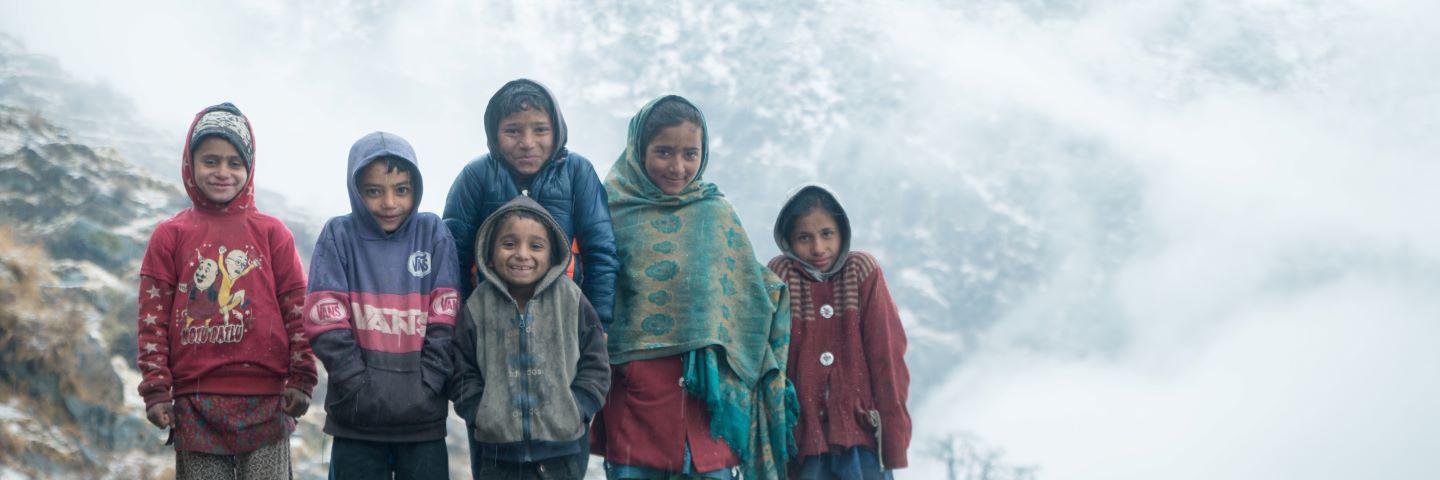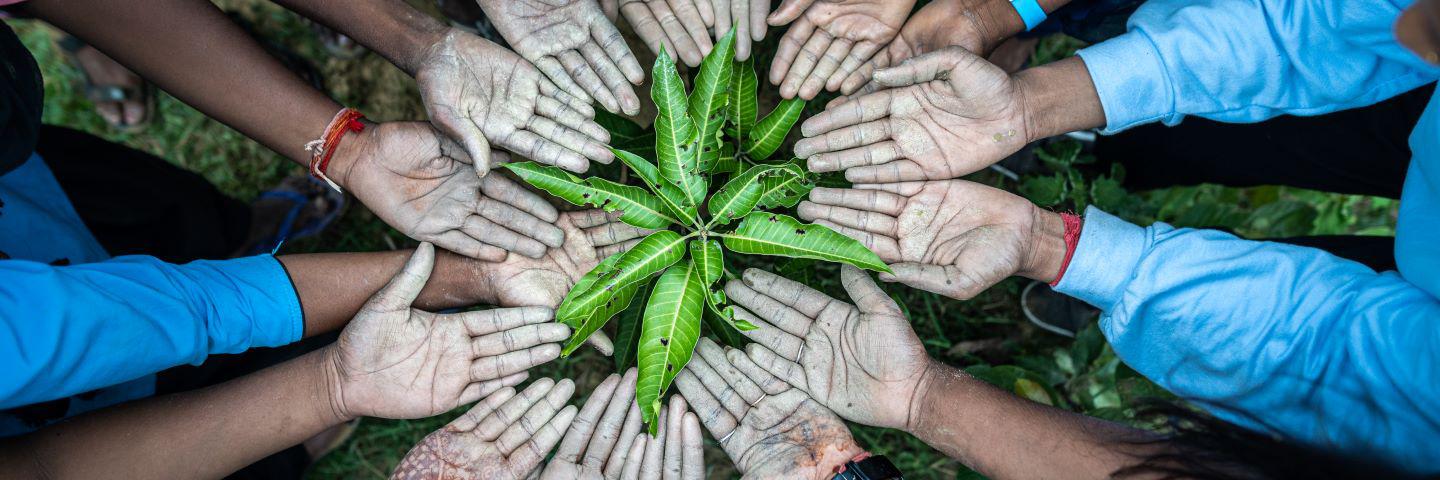

The climate crisis is an inter-generational child rights crisis, and the greatest threat to children’s survival, learning and protection. Without addressing the climate crisis, we will not achieve the resilient and Sustainable Development Goals, especially for the most marginalized and vulnerable children and their families. Save the Children contributes to building community and school resilience by focusing on the capacity of children, families and systems to protect and safeguard all children against shocks and stresses to ensure the realization of their rights which is reflected in our Country Strategic Plan, 2022-2024.

What we do best
Save the Children places children at the heart of development, humanitarian and community-based adaptation and risk reduction programming in schools and communities. Women and youth leaders are engaged in strengthening communities’ resilience to shocks mobilizing local climate champions promoting innovative approaches. Women, youth and children are empowered to ensure their meaningful participation in decision support system and protect children in climate crisis. We have consolidated inclusive resilience practices, used these evidence to influence for the enactment of national Disaster Risk Reduction and Management (DRRM) law in 2017, and provided technical support to government/ministries towards the formulation of National DRR Policy, 2018 and Strategic Action Plan-2018-2030.
Save the Children works in partnership with the government, civil society organizations, media and private sector to strengthen adaptation practices and build community and child resilience to climate shocks. Save the Children is one of the key stakeholders in promoting green and safe school agenda across all tiers of government. Government of Nepal endorsed the comprehensive school safety minimum package in 2018 which is under implementation.

Future directions
Save the Children is adopting a whole society approach of community-based adaptation process in building climate resilience. The focus will be on generating evidence on climate resilience, risk informed planning, promoting child and women sensitive resilience approaches and integrating climate change and environment as part of our Country Strategic Plan, 2022-2024.
Moreover, Save the Children will train staff and partner to integrate climate resilience into the thematic programming and strengthening government system at municipal level. Save the Children will take three-fold approach to climate actions - (1) core climate action, (2) mainstream climate actions into all programs, and (3) develop technical competencies on climate change. Save the Children will provide technical support to local and federal ministries to consolidate risk assessment and planning tools to ensure that children and women are resilient to multiple shocks. Focus will be primarily on child centred DRR and climate resilience consortium (CDCC) to make children resilient to climate crisis. Save the Children will amplify youth and children’s voices on climate resilience and disaster risk governance in collaboration with others to ensure that children’s rights in climate crisis are protected.
Save the Children will further strengthen partnership with government, child focused CSOs, media and private sectors offering best solutions to disaster and climate resilience. Save the Children will take initiatives to integrate climate resilience particularly in its three common approaches: Household Economy Analysis, Public Investment in Children and Safe Schools. A child-centered approach to adaptation will be undertaken by making more investment among children and communities. Save the Children will promote three broad climate resilient capacities: absorptive, adaptive and transformative at all levels.
Save the Children has a commitment to share knowledge, coordinate and work with children as agents of change, in full recognition of their capacity to make them resilient to climate crisis. Strategies that have strong gender equity and social inclusion (GESI) approaches, as well as promote true child and women participation will be used.
